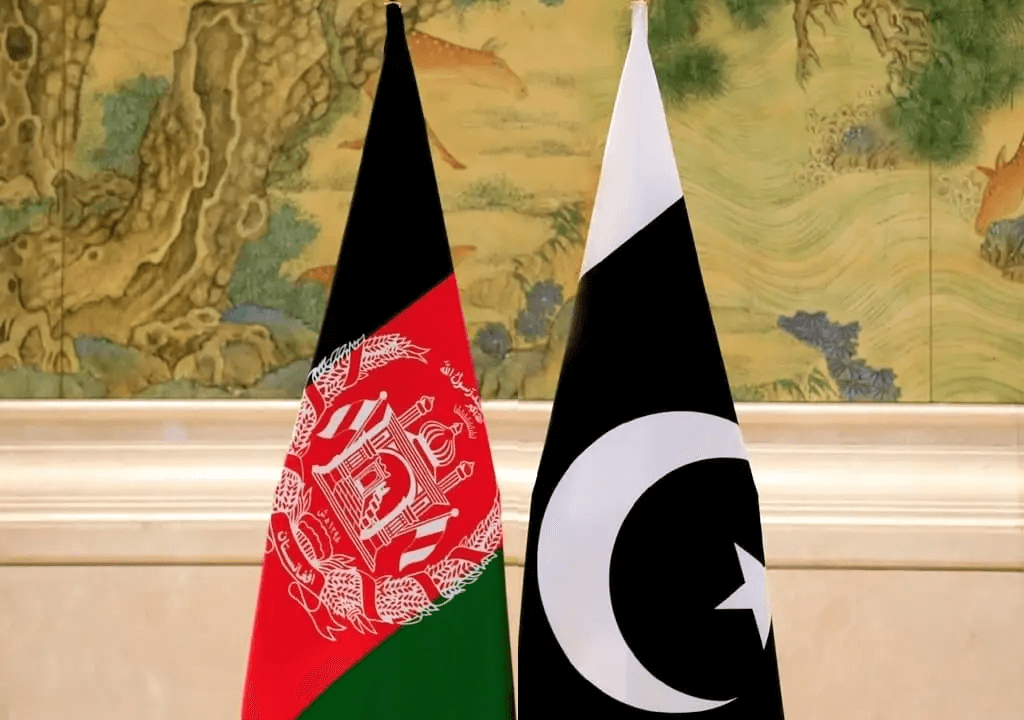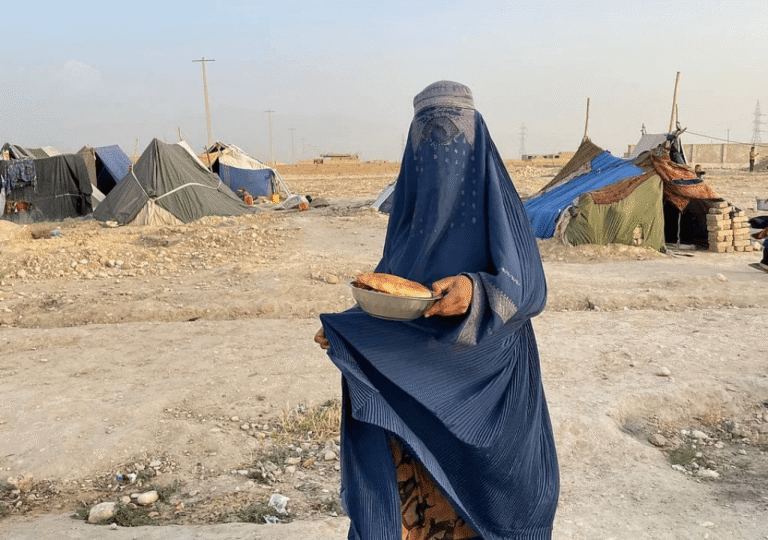Pakistan, a country troubled with borders, is facing a deep existential crisis. The multi-ethnic, multilingual nation continues to exist due to its strong adherence to Islamism and animosity towards India. However, the state has already faltered due to poor governance, recurrent military rule, escalating separatist movements, and rampant terrorist activities. Challenges also emanate from neighboring countries. India, the primary adversary, is increasingly assertive in its demand for Pakistan-occupied Kashmir. Additionally, relations with Iran have soured over Balochistan, while territorial disputes strain ties with Afghanistan. Afghanistan has never acknowledged the Durand Line, the border line between Pakistan and Afghanistan, which traverses the heartland of the Pashtun. Nevertheless, the relationship with Afghanistan, Pakistan’s Islamic brother, is crucial for Pakistan due to unique geographical challenges and the potential threat posed by India. But as like the twists in Bollywood movies Afghanistan is now the biggest concern of Pakistan.
Pakistan, once accused of nurturing terrorism, reaped benefits from it. Serious blasts in Indian economic centers and Jammu Kashmir served to stun India, portraying it as lacking security in international media. Terrorism also served strategic purposes in Iran and Afghanistan. The Taliban, current rulers of Afghanistan, emerged from Pakistan’s terrorist nurturing programs. However, terrorism eventually turned against itself as terrorist organizations aimed at Islamizing the Indian subcontinent began to target Pakistan primarily. These groups, like the Pakistan Taliban, began attacking officials, tourists, and mostly Chinese foreign workers, earning Pakistan the label of a serious terrorist state. And severely worsened the economy of Pakistan. Accusations against Afghanistan grew as they seemingly adopted strategies of Pakistan used against India to now target Pakistan.
Recently, Pakistan’s military revealed that a suicide bombing in March, which killed five Chinese engineers and a Pakistani driver, was orchestrated from neighboring Afghanistan by an Afghan citizen. Four suspects linked to the attack were apprehended. This is only one incident that grabs headlines of newspapers, due to the deaths of Chinese nationals, but there are a lot of similar incidents reported. The Pakistani Taliban, with sanctuaries in Afghanistan, intensified attacks within Pakistan since January, resulting in the deaths of 62 security forces. Evidence strongly implicates their involvement in the escalating violence. Karachi, Pakistan’s largest city, witnessed numerous militant attacks in recent years, including a recent suicide blast targeting a van carrying five Japanese workers. The Pakistani Taliban, although distinct from but closely aligned with the Afghan Taliban, bore responsibility for such attacks. Consequently, animosity toward Afghans in Pakistan has surged. Nearly 563,639 Afghan migrants returned to Afghanistan following Islamabad’s crackdown on illegal migration, drawing criticism from international and domestic human rights groups.
Pakistan and Afghanistan, as part of the Indian kingdoms, historically maintained a good relationship. There was a time when discussions leaned toward uniting Pakistan and Afghanistan to form a strong Islamic country in the Indian subcontinent. Khurshid Mahmud Kasuri, a seasoned diplomat who held the position of Pakistan’s Minister of Foreign Affairs, recalled significant efforts made at the governmental level to establish an Pakistan-Afghanistan Confederation. According to Kasuri, the United States also endorsed this concept. President Zia-ul-Haq expanded on the notion of a Pakistan-Afghanistan Confederation, envisioning unrestricted movement for both Pakistanis and Afghans without the need for passports.. General Akhtar Abdur Rahman, considered Zia’s right-hand man and the Director-General of the ISI, himself a Pashtun, shared Zia’s vision of a post-Soviet “Islamic Confederation” comprising Pakistan, Afghanistan, Kashmir, and even the states of Soviet Central Asia. Despite its abandonment, Pakistan’s relationship with Afghanistan remained warm. The Taliban received significant financial and logistical support from Pakistan, facilitated by the Pakistani Inter-Services Intelligence (ISI) agency, which provided funding, training, and weaponry. After the Taliban’s removal in 2001, many found refuge in Pakistan. However, following the Taliban’s return to Afghanistan in 2021, the situation changed drastically. There is now a considerable amount of anti-Pakistan sentiment in Afghanistan, while negative feelings toward Afghan refugees are widespread in Pakistan. Issues such as calls for Pashtun land in Pakistan, the refugee crisis, and terrorism have strained the relationship to its lowest point.
Foreign relationships are essential in modern times, as they create more opportunities for every state. Building relationships with neighbors is particularly crucial. However, Pakistan currently lacks both. Its relationship with Afghanistan is in a volatile state, and any further developments will likely exacerbate the situation. Both the Islamic Republic of Afghanistan and the Islamic Republic of Pakistan, though they are Islamic, their views, directions, and agendas differ. Pakistan’s new government favors the military and the West but does not support Islamic extremism like the Taliban’s Afghanistan. The Taliban government, on the other hand, will strive to benefit from Pashtun support by claiming Pashtun areas. Consequently, the Western-oriented Pakistani government may soon clash with the Taliban government, and as a result, the chances of improving relationships are diminishing.








